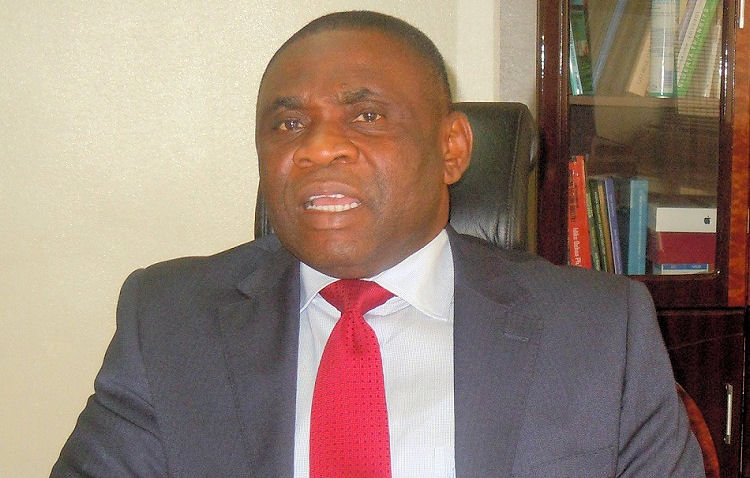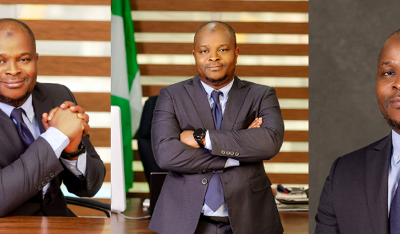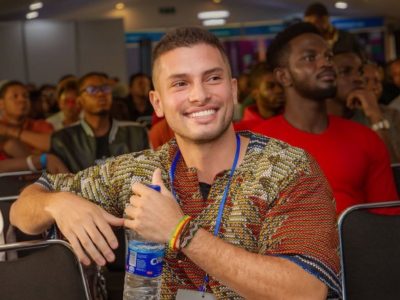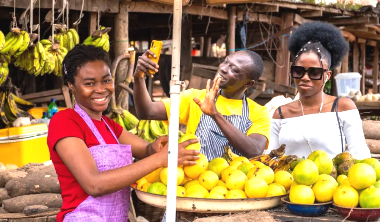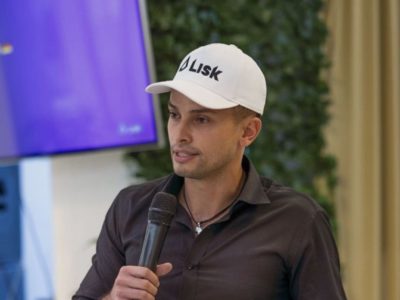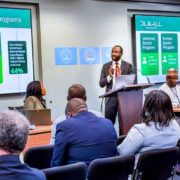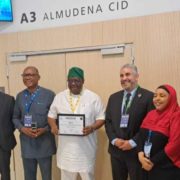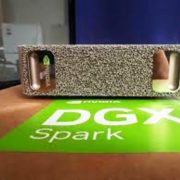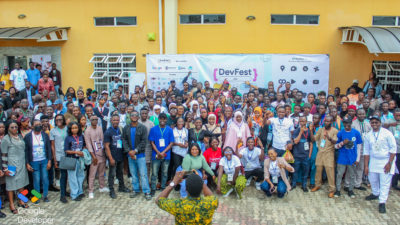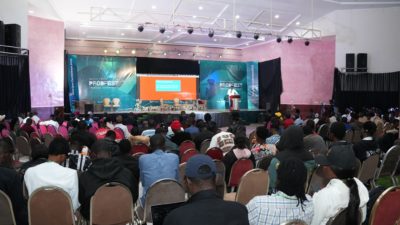Mr. TONY OJOBO is the Director of Public Affairs at the Nigerian Communications Commission (NCC). At the recent Stakeholders Forum organized by the commission in Lagos, he shares with IT Edge News, MARTIN EKPEKE, the commission plans to auction spectrum on the 2.6 GHz band and why the commission encourages local players to participate in spectrum buy ups.
How is the NCC supporting local participation in the telecom industry?
Of course you know even our investment policy encourages 100 percent local participation. The policy also encourages 100 percent ownership of a foreign company in Nigeria, as long as the company is dully registered in the country. So, even at the national or policy level, you should know that the world is now a global village; so you don’t put restrictions on investments. If you want to attract investors, you need to open up your sectors and that is exactly what I believe government has done. So, you can have a hundred percent foreign ownership of a duly registered company in Nigeria. The only requirement is that you must be a company already registered under Company and Allied Matters (CAMA). That has not changed. The need for the encouragement of local investors is there, and that is why our processes are transparent. This ICT sector is not a local sector; it is global. There are no boundaries anymore. What determines what happens is fund. Investors are looking for where to invest. We have had processes in the past where a lot of licenses were issued to companies and they were not able to roll out and many of them were now looking for foreign investors to buy into their companies, and as one of the contributors said today, it has to be attractive enough for it to get a foreign investor to give them money. If it is a very small thing and probably might take a long time for foreign investors or partners to recoup their investment, the attraction will be too low. So, what the commission is going to do is to look at all the contributors and see the merits and the demerits of all the arguments and then come with a very balanced approach to the auctioning process that can really satisfy all stakeholders. The commission has always believe in adopting the best approach that reflects the need of the industry with input from all stakeholders.
What is NCC doing in respect to the billion naira worth of interconnect debt in the industry? I know the commission intervened at a point.
Well, I don’t have any comment on that for now until I get what the current details of what has been paid and what is outstanding. I don’t have any information now.
The consensual opinion was that the level of participation in the last spectrum auction was very low. What’s the NCC doing to encourage more participation in this one?
It was very low because people knew that this particular one was coming and it was a question of choice. It was purely business decision of these organizations. You basically have two options; should I go for this one, and if I go for this one, will I have enough money to go for the next? Or should I just wait for the other one and wait for that one when it comes? This is because; they don’t deliver the same kind of value. Whereas 2.3GHz is for bulk wholesale of bandwidth, the 2.6GHz is different. It will enable us to provide services to the last mile. That is why these people are saying that if that one was wholesale and this one is also wholesale, what was the point? So, this one is different and people did their business plan, and looked at the numbers, and if the numbers added up for them, they go ahead. Ours is to create the enabling environment; that of the investor is to make the investment decision. Should I invest or should I not or should I wait or not? The important thing is that enabling field has been created. In the last exercise, 27 companies indicated interest, and only two bought in. That is why we called this meeting to find out why these companies chickened out and you heard what they said that it was based on their business skills. They didn’t think the profitability rate was good enough to go ahead and auction.
Does this mean NCC has a timetable that outlines when frequencies are allocated?
Well, it depends on the availability of frequencies and the timing. You are aware of the 2015 deadline that has been given…
How is this going to help drive the broadband plan of the federal government?
The issue of broadband is about spectrum. There are areas in Nigeria where it would be difficult to take fibre to. But we use wireless to bridge certain challenges of technology. There are some locations you don’t have fibre, wireless can come in there. Of course, you know 2.6GHz is wireless and also the Infracos license is for optic fibre infrastructure. A combination of those two ensures we have pervasive broadband.
As the NCC spokesman, do you subscribe to the idea that frequency allocation should be segmented into regions and states?
The commission has not taken a decision on that. We are going to look at the arguments that were put forward today and based on that, the commission is going to take a decision.
You just mentioned Infracos. Will the license be given before the end of this year?
The process for the licenses is already on in North-Central and Lagos. After that, we go on for the other five which will probably happen before the end of the year.
Some stakeholders have asked why limit the number of Infracos to seven considering the size of the country?
It is being done on geo-political basis. Each zone gets one and Lagos is considered as a zone. So that is why we have seven.

